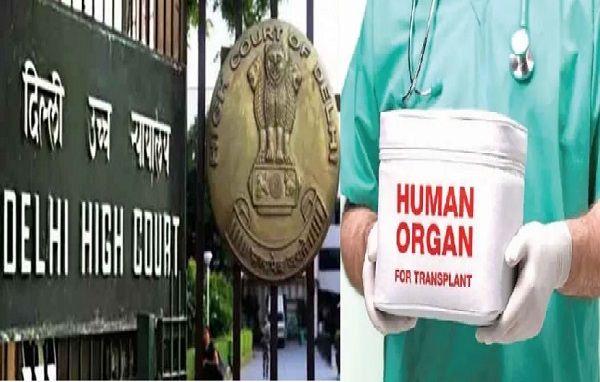GG News Bureau
New Delhi, 23rd May. In a move aimed at improving efficiency and communication in the organ transplantation process, the Delhi High Court has mandated that donors and recipients must receive notifications regarding deficiencies in their documentation via WhatsApp or email.
This directive, issued by Justice Prathiba M Singh, seeks to streamline the notification process and ensure timely communication in sensitive matters such as organ transplantation. Emphasizing the importance of documented communication, Justice Singh stated, “Whenever communication needs to be given to either the donor or the recipient regarding deficiencies in documentation or any procedural formalities, a communication shall be sent by email or to the mobile number via WhatsApp to the said donor or the recipient or any of their close relatives.”
The court’s decision stems from a plea filed by a kidney patient in 2020, who faced delays and uncertainties from Sir Ganga Ram Hospital regarding his kidney transplant. Tragically, the patient passed away in March-April 2021, underscoring the critical need for timely action in such cases.
Earlier this year, the court reviewed the provisions of the Transplantation of Human Organs and Tissues Act, 1994, emphasizing the necessity for fixed timelines to efficiently handle transplantation applications. The court mandated the implementation of specific timelines for procedures conducted by the Authorisation Committees under the Act.
Furthermore, the court ordered widespread dissemination of these timelines and its latest directive to ensure compliance from hospitals and government authorities.
In its judgment dated January 4, the court emphasized the importance of a time-bound approach for the integrity and effectiveness of organ transplantation protocols. This approach aligns with the right to health under Article 21 of the Constitution, highlighting the imperative of prompt and systematic handling of transplantation cases.


Comments are closed.